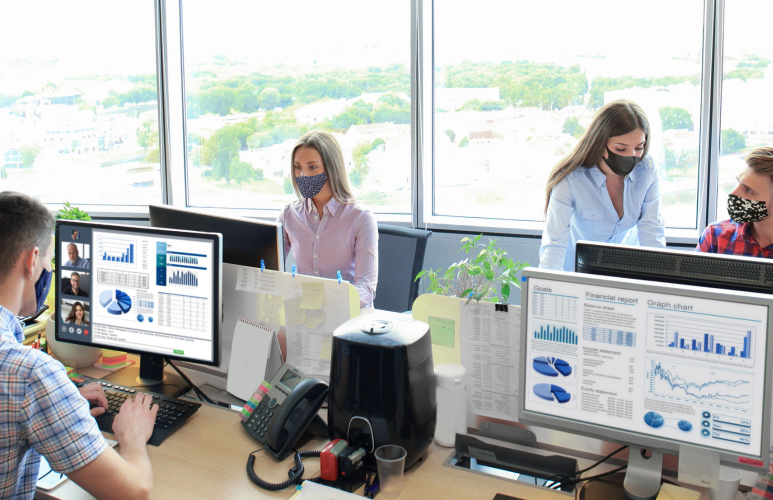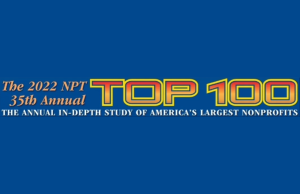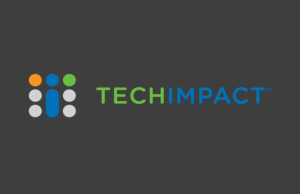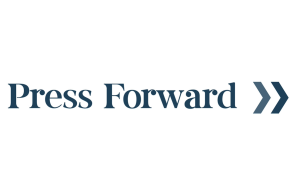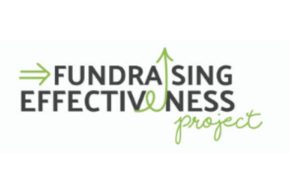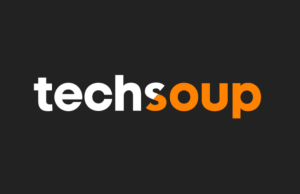“The quest for certainty blocks the search for meaning. Uncertainty is the very condition to impel man to unfold his powers.” – Erich Fromm, Man for Himself
Through lived experience, life and management teach and reaffirm difficult lessons about uncertainty, such as:
- Seemingly impossible or highly improbable events do happen, and they happen to us. Forecasting these events isn’t possible, planning for impacts must be a top priority.
- The greatest freedom in life is accepting what you have no control over. Resilient nonprofit teams intentionally manage a small realm of what is entirely within their control.
- In life, they say, nothing is certain but uncertainty. You can either accept that and flow with uncertainty or fight it. If you fight it, you will always lose. English novelist Dame Margaret Drabble views uncertainty as a gift: “When nothing is sure, everything is possible.”
- Disruptive events push us to adapt, learn, and grow, separating nonprofit organizations into two groups: those that fixate on being “stable” and those that resolve and work to become nimble and resilient.
People cultivate emotional resilience by enduring uncertainty. Nonprofit organizations and teams — made up of people — develop adaptive capacity the same way. Conversely, teams whose members obsessively build rigid processes and protocols weaken resilience when ruinous risks unfold. Risk avoidance, long an appealing strategy in the risk management discipline, is in many ways the siren of Greek Mythology: it sounds lovely but believing we can avoid risk may leave our missions shipwrecked.
Nonprofit teams can accept and adapt to uncertainty by preparing without preoccupying. Activities such as scenario planning, contingency planning, and building flexibility into strategic priorities set an organization up to adapt when things go differently than expected — despite whether the unexpected change is negative or positive.
The pandemic era continues to present the nonprofit sector with pressing uncertainties and risk themes. Today’s most urgent risk issues facing nonprofit employers include disbelief that the national “turnover tsunami” will result in top performers leaving soon, reluctance to mandate vaccinations, and hesitation to rewrite workplace policies with flexibility as the most important workplace value and benefit.
* Get ready for the turnover tsunami. The Society for Human Resource Management (SHRM) predicts a turnover tsunami as research indicates half of American workers are using 2021 to look for new jobs. Results of a recent Korn Ferry survey show that 31% of employees are prepared to leave their current jobs without having another position lined up. Employers can either fight the wave and await the departure of top performers or accept that workforce planning must change post-pandemic.
Everyone knows the challenges of recruiting and retaining top talent, so either decide to accept tumultuous talent loss or act today to ensure that there is at least one, preferably two staff members, trained as backups for absolutely every essential task and role. Outdated position descriptions? Fix those without delay.
* Step up to protect your team. Private organizations may require vaccinations — a practice that seeks to amplify worker health and safety — but must be prepared to make the appropriate disability and religious accommodations. Many nonprofit employers have hesitated to mandate vaccinations, worrying about discrimination risk and the possibility of having to terminate non-compliant employees.
With a growing number of public and private employers adopting vaccine mandates, your nonprofit will be in good company if you do the same. Putting the safety of all team members first is not a luxury; it’s a leadership imperative.
* Flexibility is not an option. Be flexible or suffer the consequences. Flexibility, including flexible schedules and the choice to work remotely, tops lists of employee wants and needs across the nonprofit and private sectors. Many nonprofit employers offered work-from-home options begrudgingly, if at all, pre-pandemic.
While there will always be sector roles that must be filled by on-site team members, all others should be structured to accommodate your top performers. Holding on to inflexible workplace policies is a danger your mission can ill afford.
A common theme in these three risk concerns is putting mission and humanity at the forefront. As people- and community-serving organizations, nonprofits should be on the frontlines of adapting to fearlessly face uncertainty and change. Focus on what is well within your control: practices that bolster resilience and flexibility.
Embrace the wild ride of life and accept that your uncomfortable exposure to uncertainty will help you and your team earn a greater comfort someday: robust resilience. A hardy heart continues beating even in the most crushing circumstance.
****
Melanie Lockwood Herman is executive director of the Nonprofit Risk Management Center, and Erin Gloeckner is the former director of consulting services at NRMC. To learn more about NRMC, visit www.nonprofitrisk.org

